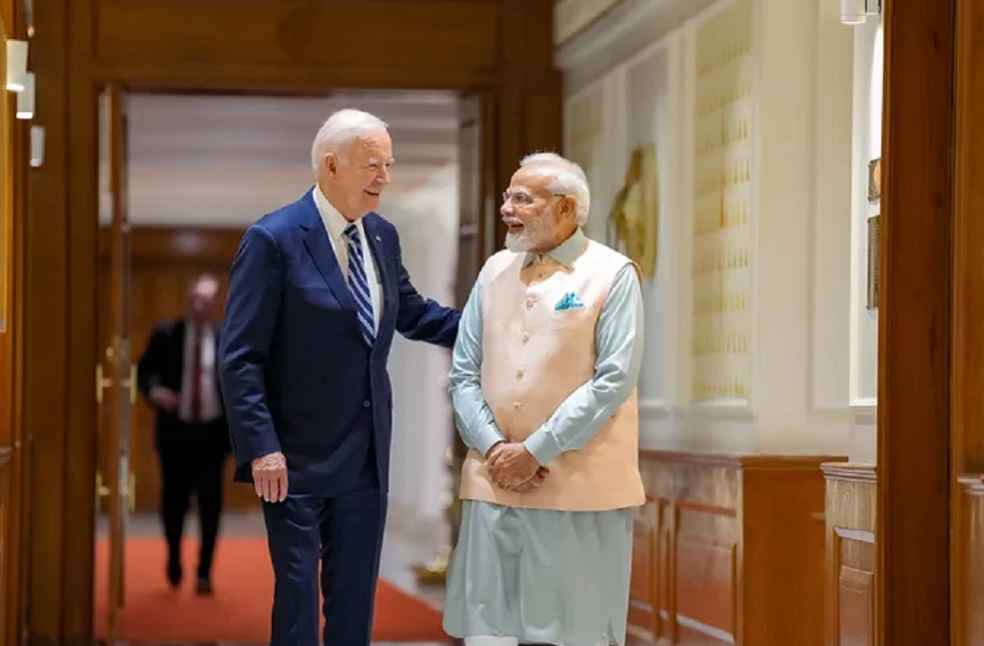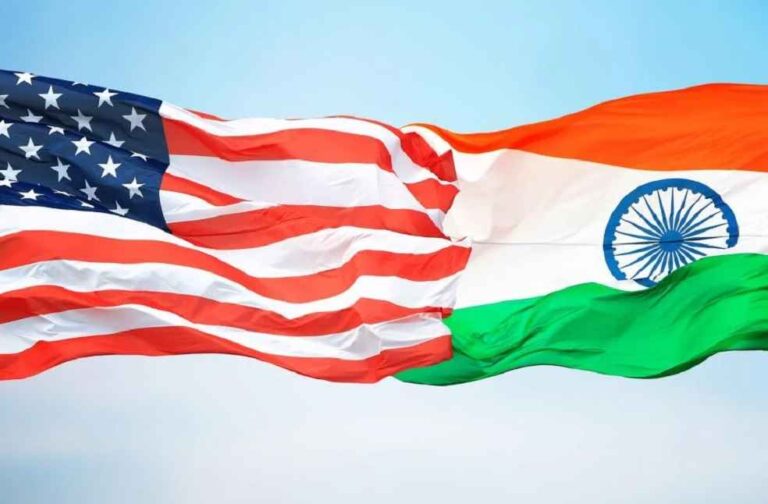A historic accord between India and the United States culminates in the resolution of all seven pending World Trade Organization (WTO) disputes, signifying a monumental shift in economic relations and trade dispute resolution strategies on a global scale. This achievement, born out of extensive bilateral negotiations, underscores both nations’ dedication to constructive and cooperative trade relations, setting a global precedent for mutual understanding and collaboration.
The range of disputes spanned sectors from poultry imports to renewable energy subsidies and tariffs on steel and aluminum products. Notably, the resolution of a prolonged dispute regarding US poultry imports, dating back to 2012, underscores the agreement’s significance. WTO rulings had previously found India’s ban on these imports contrary to international trade norms. The settlement reached, particularly during a G20 summit side meeting between Prime Minister Narendra Modi and President Joe Biden, exemplifies diplomatic finesse, with India agreeing to lower import duties on select US fresh and processed food items, benefitting both nations’ economies.

Initiated at the Trade Policy Forum (TPF) meeting in January 2023, both nations embarked on a deliberate path to settle these disputes, recognizing the balanced nature of their trade disagreements. Commerce and Industry Minister Piyush Goyal’s advocacy for aggressive engagement paved the way for June’s decision to close six additional disputes. This included issues surrounding retaliatory tariffs, renewable energy subsidies, and export subsidy programs, further solidifying the bilateral commitment to resolving trade tensions.
This series of resolutions not only marks a maturation of India-US economic ties but also serves as a testament to the efficacy of dialogue and cooperation in navigating the complexities of global trade. With the US as India’s foremost trading partner, this development is poised to amplify bilateral trade, already witnessing a significant uptick to $128.8 billion in the 2022-23 financial year from $119.5 billion the year prior.

The successful navigation of these WTO disputes signals both countries’ readiness to approach trade issues in a manner conducive to mutual benefit and economic partnership strengthening. Moreover, it offers a blueprint for global nations on resolving trade disputes through bilateral negotiations, exemplifying positive international cooperation. As global economic challenges persist, the collaborative effort in resolving these trade disputes by India and the US emerges as a beacon of constructive international engagement.
IMEX SECTOR | EU Sets Tariffs on Russian Grain to Shield Market, Back Ukraine, Curb Kremlin



